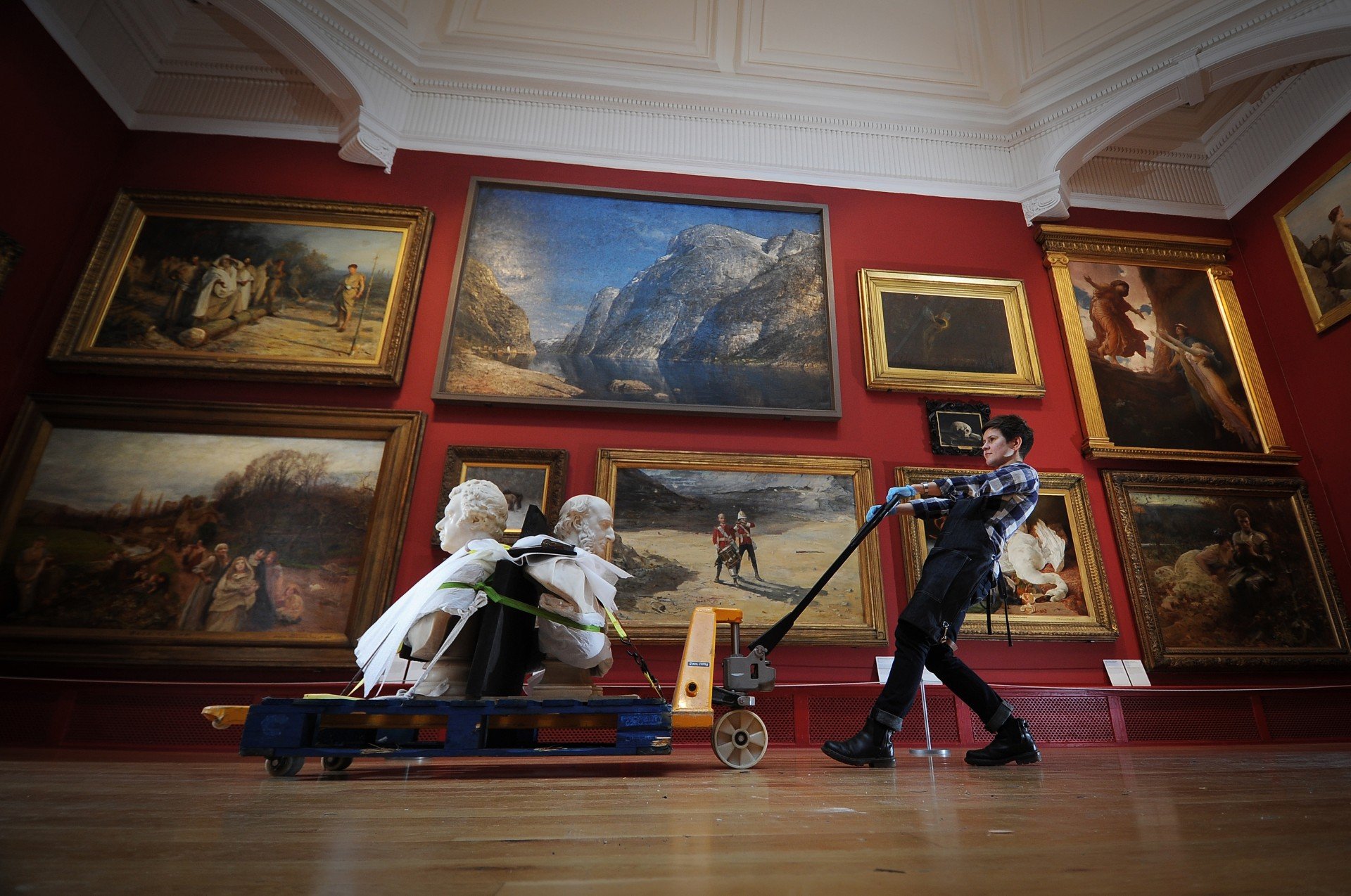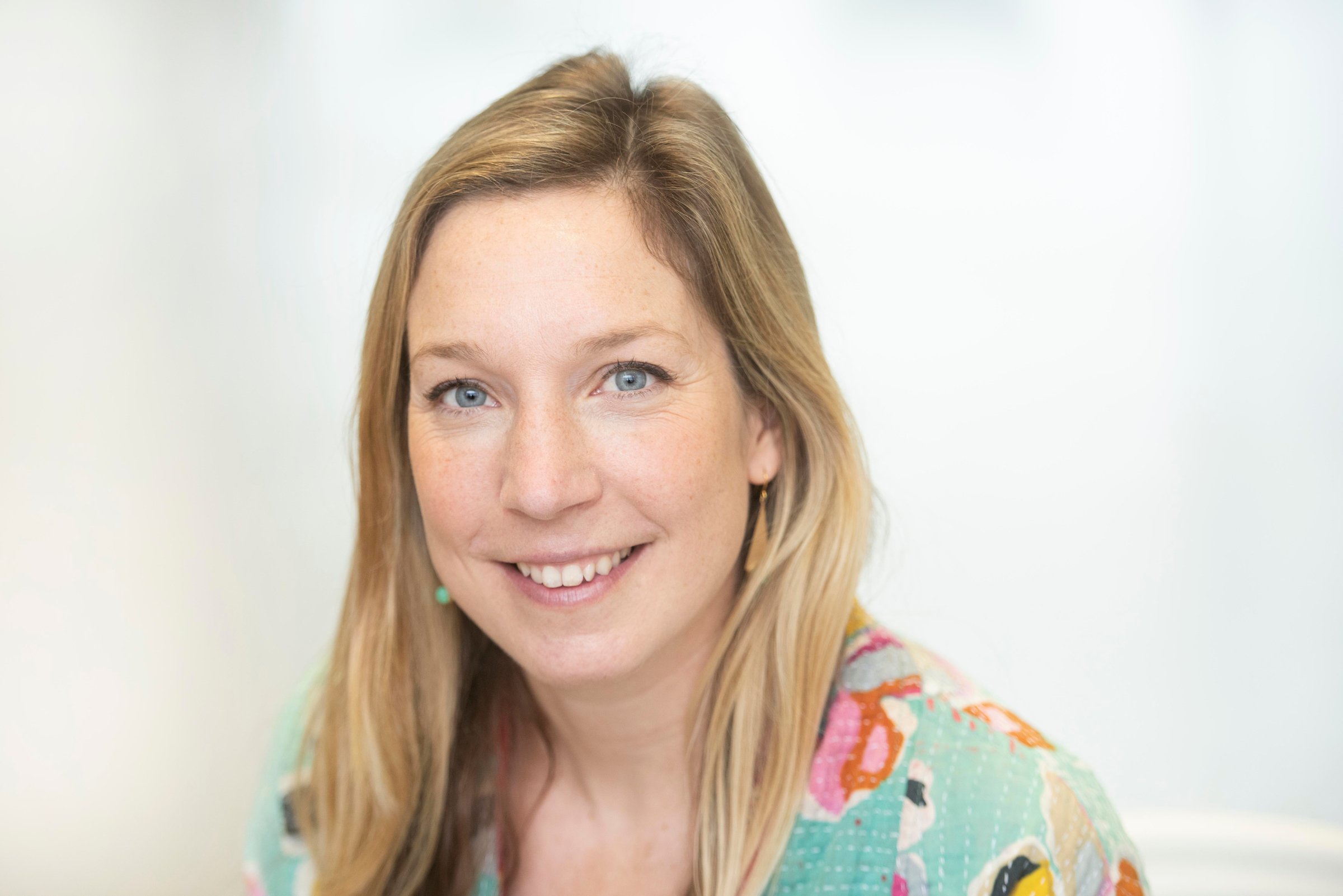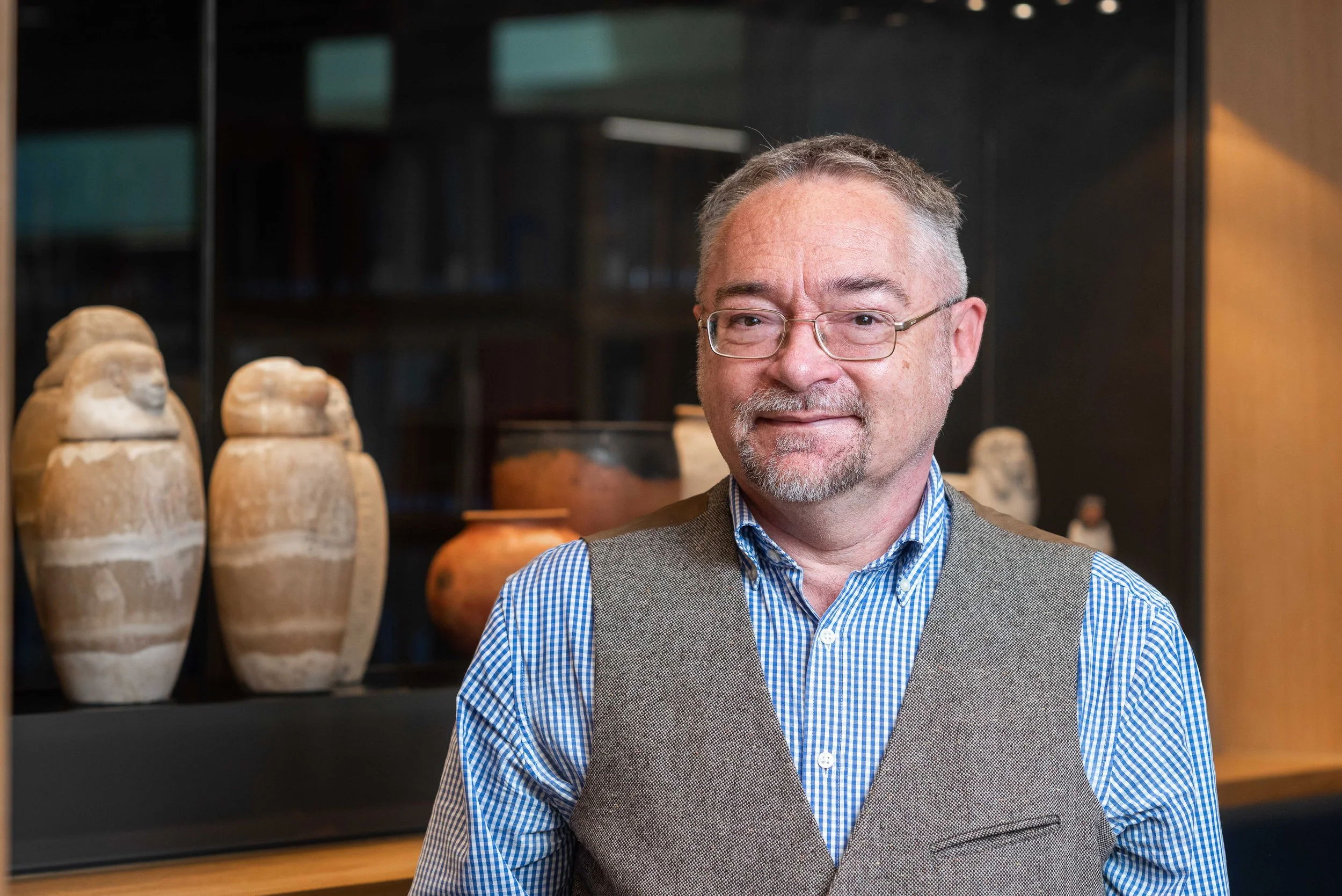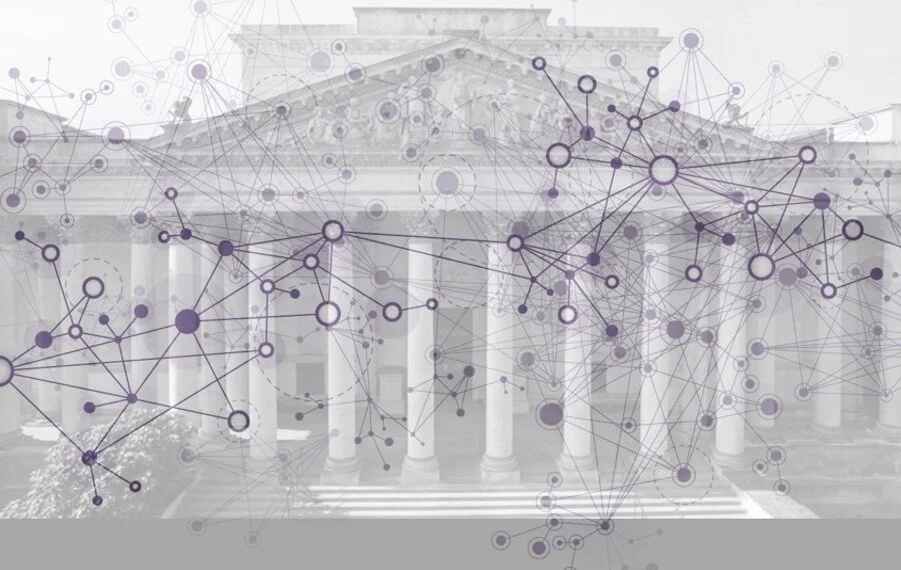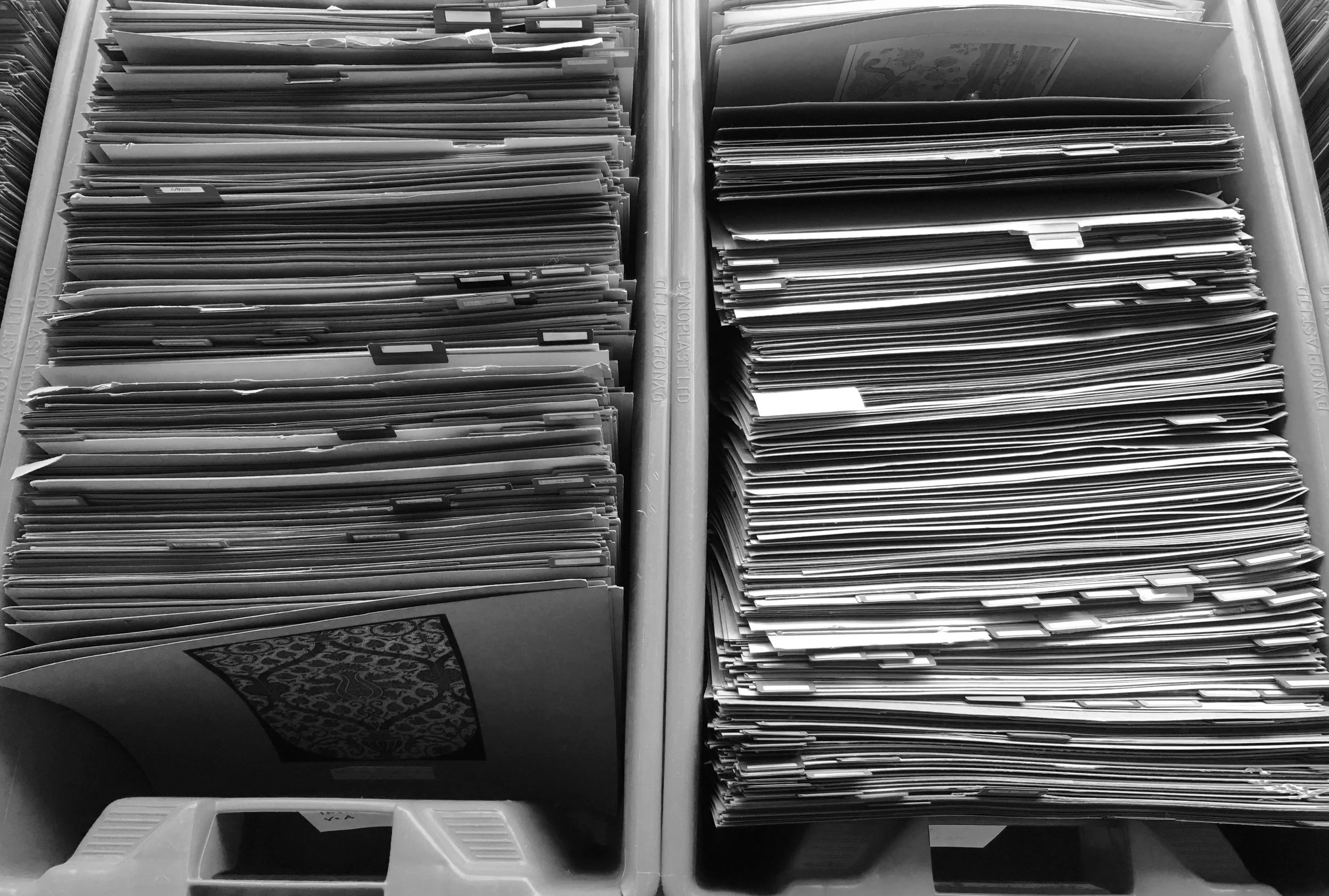Creating the Museum: exploring the museum impulse in local, regional and national contexts
Conference – The National Gallery and The Museums & Galleries History Group (MGHG) (National Gallery, London, 26th-27th September 2025 (final date tbc)
While the birth of the concept of the museum has attracted lots of scholarly attention and the desire to create new museums is now a global phenomenon, the question of how individual museums, their collections, buildings, and personnel, come into being has not been widely considered. As complex organisations, the ways in which particular museums have been created involves a multifaceted set of initiatives, practices and activities – raising money, sourcing or commissioning buildings and storage, assembling, organising and interpreting collections, developing expertise, engaging communities, fulfilling a purpose which some groups were more able to prosecute than others.
Various periods have seen the flourishing of local, regional, national museums, of large or smaller scale, and of different specialisms and audiences, with varying models of governance. Some passionately wished for museums ultimately stalled, and some proposed museums never quite appeared. Some museums were created for particular audiences, at particular moments, while others evolved from earlier forms of collecting; some required particular buildings in order to begin; some have taken up residence like hermit crabs in whichever spaces were available.
To develop our understanding of the reasons for creating museums, and to coincide with the 200th anniversary of the creation of the National Gallery in London, we invite proposals for a conference hosted by the National Gallery and the Museums & Galleries History Group. The conference will focus on why and how galleries and museums internationally/globally have emerged and evolved.
The conference will explore the different ways in which museums and public art galleries come into existence and the impulses, rationales and objectives for ‘creating’ museums, foregrounding the wide range and variety of museum creation, and exploring core questions of purpose, meaning and context, whilst also drawing attention to the specificity of the National Gallery, reflecting on the contexts for its founding impulses and exploring the future roles, purpose, and functions of (inter)national galleries.
We seek papers covering any aspect of museum creation between about 1600 and the present day, for any type of museum, anywhere in the world.
Papers should be 15-20 minutes in length; we invite individual proposals as well as proposals for a Panel of papers (maximum 4 papers for a Panel).
Papers may respond to these questions:
· What impulses led to the creation of museums?
· Under what circumstances have completely new types of museum been created?
· What can museums that never quite came into being, or museums that came and went, tell us?
· What role do collections (if any) play in the creation of museums?
· What role do museum buildings play in acts of creating the museum, or how has the need for physical space of various kinds impacted on the creation of museums?
· What has it taken to create a museum from public funds such as local or national taxes?
· Which individuals have created museums, out of philanthropy, passion, memorialisation or other motivations, and how?
· Is the creation of museums distinctive by specialism (natural history, art gallery, social history etc)?
· How has the orientation of museums towards particular audiences promoted museum creation in particular ways?
· How do museums’ links with other organisations such as libraries impact on their creation?
· Are there museums whose creation is inexplicable?
· How has the National Gallery positioned itself in relation to other London, UK and international museums in the past?
· What are the aims and objectives, benefits and drawbacks of branch museums emerging from the ‘centre’ (e.g. V&A; Tate; Guggenheim)?
· How have partnerships developed and what have been the fruits of such partnerships in diverse areas of museum life including Research, Conservation and Education/Learning?
· What are the funding models currently available which ensure openness and parity within the sector which are worth highlighting for future reference?
· Are there any historical or actual international collaborations which offer particularly positive models for current and future practice (e.g. ICOM)?
· What is the best role perceived to be for an institution like the National Gallery in relation to other institutions today?
· How and in what ways is a museum like the National Gallery representative of ‘national’ art?
DEADLINE for submission of proposals (200-300 words) is Friday 14th March 2025 to (contact@mghg.info) Successful proposals will be informed by 30th April 2025.
Please also submit an indication of affiliation and job title along with your proposal. We welcome proposals from researchers at all career stages.
As the conference will be exclusively ‘in person’ please note that successful speakers will be responsible for their own expenses.
The MGHG and The National Gallery are very grateful to the Paul Mellon Centre for Studies in British Art for generously supporting the forthcoming conference.


